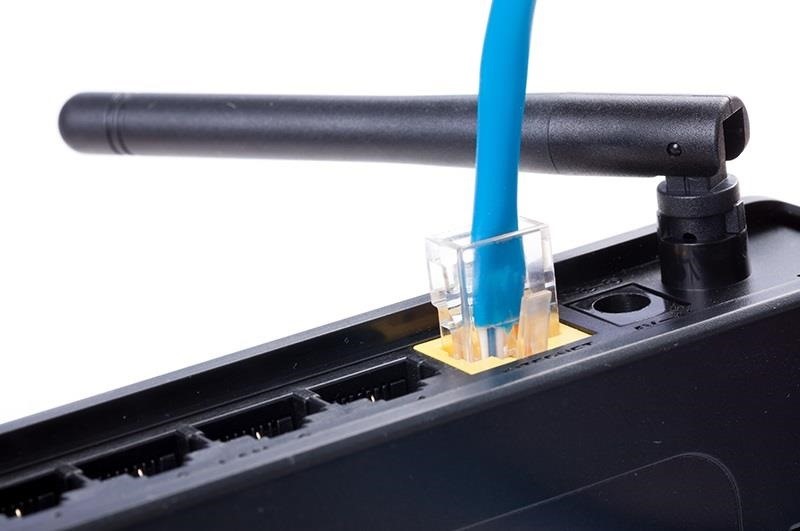So i was adding a wireless device to my BThub4 and typing in the password i realised that no characters were after f so immediately thinking this hex must be generated someways i delved online and found some material on gnucitizen on a researcher who cracked the generation for the old the old BTHub 1.0 based on the Thomson SpeedTouch 7G and ST790. Although this was WEP encryption to give an idea of how dated this is. Information on some of the hubs here I experimented with sha-1 hashing the serial number of the newer routers and found the method (as expected) no longer works, However using an old bthub 2 and bt hub 4 I see that:. The SSID format still remains the same i.e BTHub4-XXXX where x can be 0-9 or A-Z all uppercase (on the hub stickers). Serial number format is the same i.e.

We explain how to retrieve forgotten Wi-Fi passwords and how to get access to locked networks.
Thanks for the reply John good to see some interest showing already, the wireless key must then be solely in the hex range so that means the max bruteforce I thought was 16^10 though you stated 12^10 may i ask how you reduced to that? Hi, I am very new to pen testing but I thought I would chip in my 2 cents as I am currently thinking about the same problem, all the hubs in the area including mine being BT 4 or 5. I have been trying to write down rules for the password and cross them off once I see a BT password that doesn't follow them in order to shorten my wordlists to a realistic size. It doesn't look hopeful at the moment and I'm sure you'll have more luck with the hash method but if it's any help here's the rules that I haven't disproved yet for BT hub 4: 1: length = 10 2: Uses hexadecimal with no zeroes, i.e. Abcdef123456789 3: No more than 3 numbers or 3 letters in a row 4: No digit is repeated 5: Only uses 3 different letters With these rules I can say that there are 548 pattern combinations which I have generated with: crunch 10 10 @% -d 3^ Then I wanted to use crunch again to generate a word list for each pattern, although I couldn't think of a way to include rule 5 yet. So I was going to start with my own password's 3 letters (b,c and d) in order to prove my password would be generated: crunch 10 10 bcd123456789 -d 1@ -d 1% -t%@@%%%@%@% but this still produces a 100gb-ish wordlist, so not really practical considering there are going to be 548 of these lists even if I only stuck with b, c and d instead of the whole a-f.
Any other ideas or criticism would be appreciated because as I said, I am very new to this but enjoy the challenge and the learning curve. Step 1: Just Wanted to Say I think the last 2 rules are wrong as I have a BTHub4-PX2Q with passkey c6b94dc93 however I'm not sure that is correct as it is only 9 characters long and not 10 and I got it from an app called wifimap. The reason I believe the last time is wrong is that BTHub4-29ZR as seen above has a passkey cfa6d494a8, and has a c d and f. Just my thoughts on the issue because I really need to crack a hub4 passkey.

The hub in question is BTHub4-NGRX for anyone Who is interested. Please help if you can!
Two million passwords have been stolen and released online, revealing that 123456 is the most popular password. The leak was discovered by SpiderLabs, described as ‘an elite team of ethical hackers, investigators and researchers’ based at security company Trustware. A SpiderLabs reveals the information was gathered by a botnet called ‘Pony’, used by criminals to get information from infected computers. The majority of log-ins come from Facebook (57%), Yahoo (10.7%), Google (9.8%) and Twitter (3.9%) accounts. What’s shocking are the passwords chosen. Despite constant warnings not to pick obvious passwords, 123456 was still the most popular password, and variations on the theme – along with the even less imaginative ‘Password’ and ‘Admin’ make up the top 10:. 123456.

123456789. 1234. Password. 12345. 12345678.
Admin. 123. 1.
1234567 In November an revealed similar information – 123456 was the most popular password among the software house’s subscribers. SpiderLabs also analysed the released passwords for complexity.
Wifi Access Apk
Only 5% were deemed ‘excellent’, consisting of eight characters and using all four character types – lower and upper case, numbers and special characters such as an underscore or a dash. The group rated 44% of passwords ‘medium’, 28% ‘bad’, 17% ‘good’ and 6% ‘terrible’ – ‘terrible’ passwords comprise of four characters or fewer from only one character type. A spokesperson for Facebook told the: “It appears that people’s computers may have been attacked by hackers using malware to scrape information from their web browsers.” We can’t stress how important it is to change your password regularly, to include all four character types and to choose something that’s not obvious.